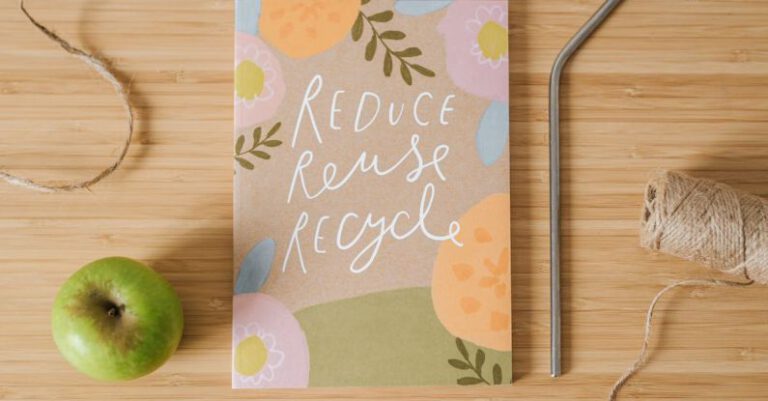How to Choose the Best Diy Projects for Your Skill Level?
When it comes to DIY projects, it can be easy to get caught up in the excitement and dive right into a project that may be too challenging for your skill level. To ensure a successful and enjoyable experience, it’s important to choose projects that align with your abilities. In this article, we will discuss some tips on how to choose the best DIY projects for your skill level.
1. Assess your skills honestly
The first step in choosing the right DIY project is to assess your skills honestly. Take a moment to reflect on your past experiences with DIY projects. Have you completed similar projects successfully in the past? Do you possess the necessary tools and equipment? By honestly evaluating your skills, you can avoid taking on projects that may be too difficult for you to handle.
2. Start with small and simple projects
If you’re new to DIY, it’s best to start with small and simple projects. This will allow you to build your skills and confidence gradually. Look for projects that require basic tools and techniques, such as painting a room, assembling furniture, or installing shelving. These projects are relatively easy to complete and will give you a sense of accomplishment.
3. Consider your time frame
Before choosing a DIY project, consider your time frame. Some projects, such as building a deck or remodeling a kitchen, require a significant amount of time and effort. If you have limited time available, it may be best to choose a project that can be completed in a shorter time frame, such as painting a piece of furniture or creating a small garden.
4. Research and gather information
Once you have an idea of the type of project you want to tackle, take the time to research and gather information. Look for tutorials, videos, and step-by-step guides online that provide detailed instructions. This will help you understand the scope of the project and give you an idea of the skills and tools required. Additionally, consider reaching out to friends or family members who have experience in DIY projects for advice and guidance.
5. Practice and learn new skills
Choosing DIY projects that push you out of your comfort zone is a great way to learn new skills. However, it’s important to strike a balance between challenging yourself and setting realistic expectations. If you’re interested in learning a new skill, such as woodworking or tile installation, start with a small project to practice and build your skills before taking on larger and more complex projects.
6. Safety first
Safety should always be a top priority when engaging in DIY projects. Before starting any project, make sure you have the necessary safety equipment, such as goggles, gloves, and a first aid kit. Familiarize yourself with the proper use of tools and take necessary precautions to avoid accidents. If a project seems too dangerous or requires specialized skills, it’s best to seek professional help.
In conclusion, choosing the best DIY projects for your skill level requires an honest assessment of your abilities, starting with small and simple projects, considering your time frame, researching and gathering information, practicing and learning new skills, and prioritizing safety. By following these tips, you can ensure a successful and enjoyable DIY experience while avoiding unnecessary frustration or setbacks. So, go ahead and embark on your next DIY adventure with confidence!






